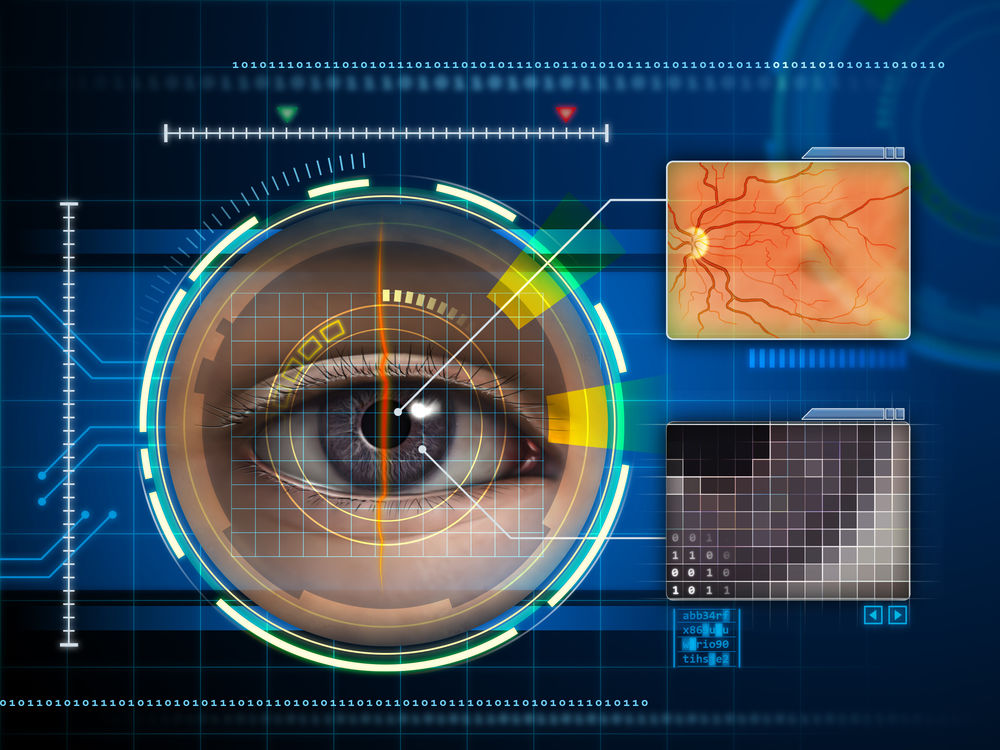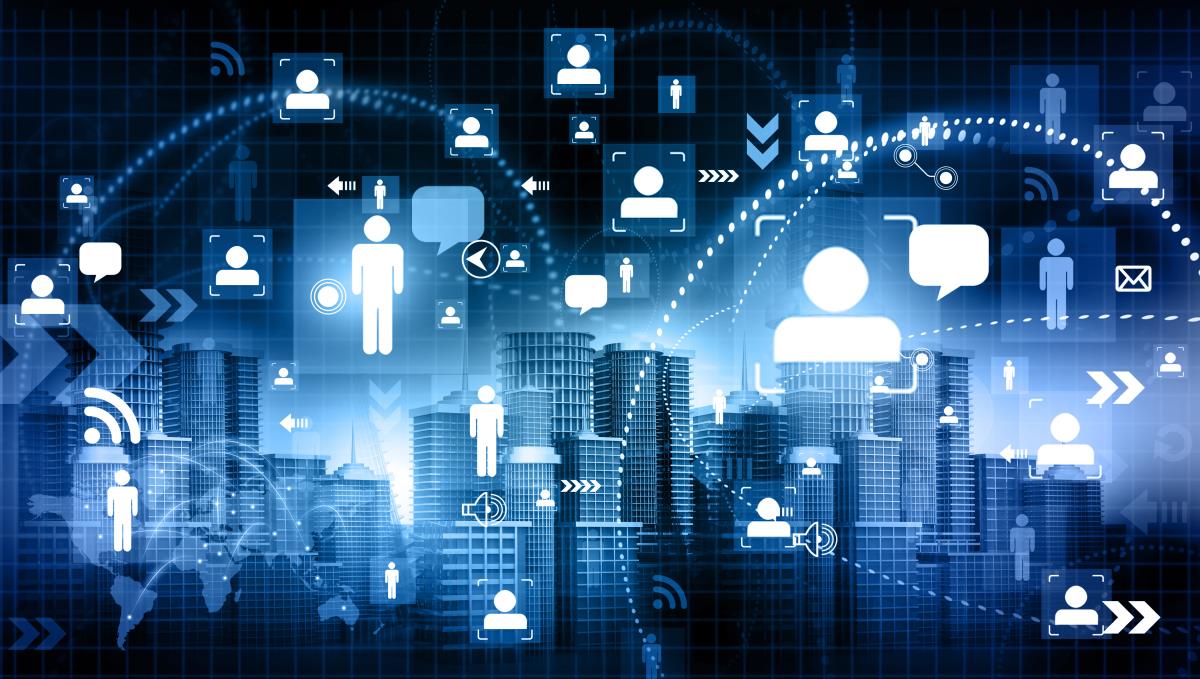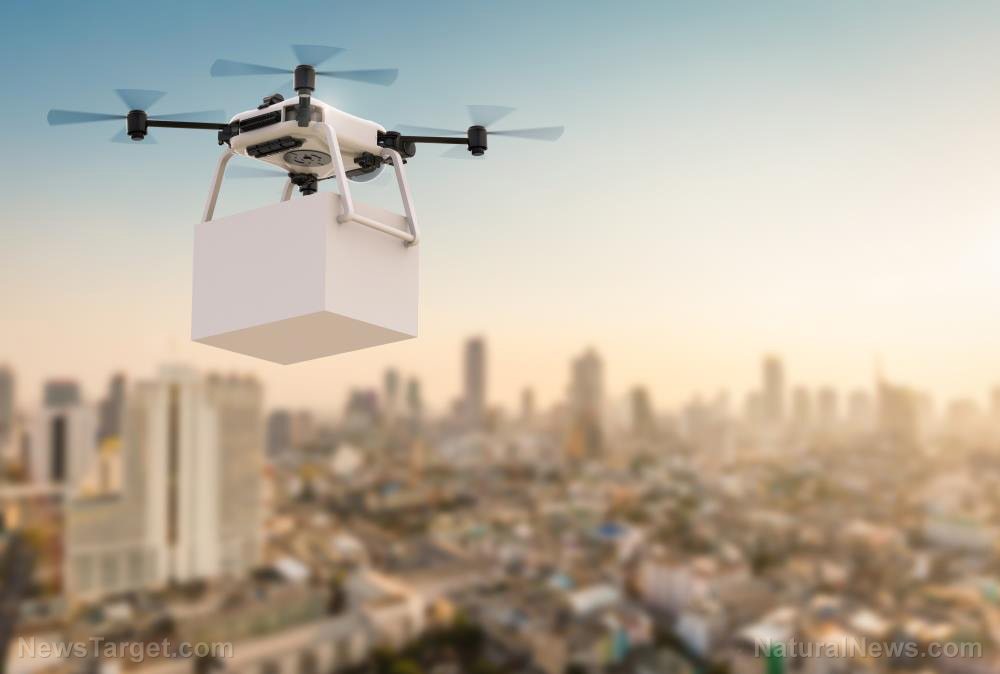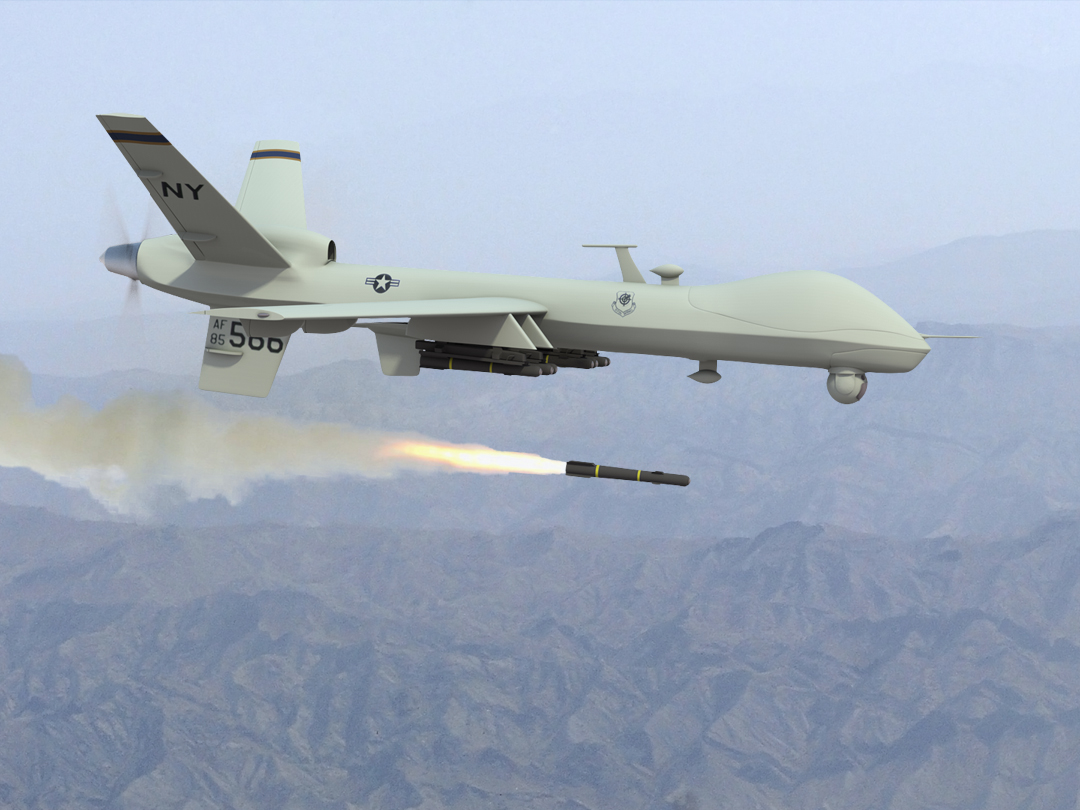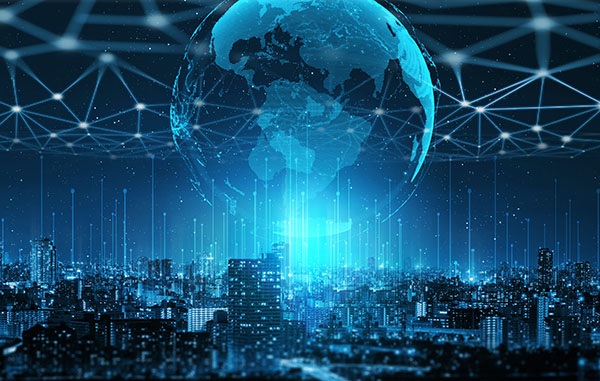In two years, China plans to unleash mass-produced humanoid robots to replace human workers
12/03/2023 / By Ethan Huff

By the year 2025, communist China plans to unleash large number of humanoid robots, meaning robots that look and act like people but are just walking computers and circuitry.
In a race with Elon Musk’s Tesla and other Western companies working on similar technologies, China hopes to start mass producing its version of humanoid robots by 2025.
According to banking giant Goldman Sachs, the market for humanoid robots could reach $150 billion per year in just 15 years. Fully operational humanoid robots are expected to be mass produced and working in factories between 2025 and 2028, and later in other jobs by 2030 through 2035.
Tech for Good author Marga Hoek argues that the technology is a good thing for the world, even though it stands to make human workers obsolete. She believes that up to one in every four jobs will be impacted by robotics and artificial intelligence (AI) technology.
“My biggest worry is that all humankind spends a lot of time on fearing, instead of accepting and anticipating,” Hoek commented, adding that more research still needs to be done to look at which job roles will still “add value” in a world kept spinning by humanoid robots.
“If we don’t train people, if we don’t anticipate, if we don’t radically change around the school programs, for instance, we’ll be too late,” she added.
(Related: Last year, the tech industry developed AI mind-reading technology to measure citizen loyalty to the government.)
Elon Musk developing rival robot called “Optimus” that functions just like a human being
For all his talk against AI robots, Elon Musk is all about them when it comes to his own companies producing and unleashing them. In fact, Musk is currently working on a rival humanoid robot called “Optimus” that he says will be able to perform the same way as human beings on the job.
Musk says Optimus could be even “more significant” than his mostly plastic electric vehicles (EVs), which have been involved in many autopilot crashes and mysterious battery fires over the years.
In Hoek’s view, humanoid robots will eventually be used to look after old people and young people with health issues or disorders such as autism. No longer will people have other people, including family members, to comfort and care for them: instead, it will be robots providing humans with a “social life.”
“We now have robots also reacting to emotions, and reading behavior,” Hoek is quoted as saying. “We will have robots coping with mental disorders, behavioral disorders, with children and also with adults.”
“If we think about the old people, we’ll have a lot of 65-plus people. Robots can come into play, to support and to help, which also enables people to live longer.”
It is always a good idea to pause and think whenever someone pushing a dystopian new technology such as this couches it as something that will “help” humanity, either through companionship, care, or labor. Chances are that this is just the cover story for a much more sinister agenda.
Amazon, naturally, is also trying to break into the humanoid robot market by developing types to work in its warehouses and factories. The company says that one day there will be “lights out” factories with no human beings working there, just robots.
By the year 2035, humanoid robots will have a “profound impact” on society and the world economy, says Lisa Farrell, Business Development Manager at The National Robotarium.
“Mass producing reasonably-priced robots is achievable with economies of scale and advances in technologies, and we foresee all kinds of robots supporting workforces across manufacturing, healthcare, construction, transport, hospitality and more,” Farrell says.
“Intelligent robots can increase productivity, improve quality control, and help deliver repetitive or dangerous tasks.”
More related news about what China is up to these days can be found at Communism.news.
Sources for this article include:
Submit a correction >>
Tagged Under:
Amazon, automation, Big Tech, China, communist China, conspiracy, depopulation, economic collapse, Elon Musk, enslaved, future tech, Glitch, human workers, humanoid, labor, labor force, national security, Optimus, robot, robots, technology, tesla, unemployment, warehoue workers
This article may contain statements that reflect the opinion of the author
RECENT NEWS & ARTICLES
COPYRIGHT © 2017 INFORMATIONTECHNOLOGY.NEWS


